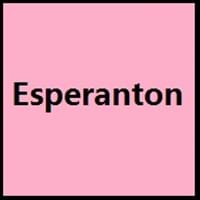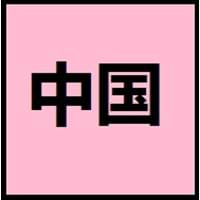Esperanto greetings vs Chinese greetings
Please in Esperanto and Chinese
When you want to request someone for something then it is necessary to say please. But if you don't know how to say please in Esperanto and Chinese then it disappointing. So, Esperanto Greetings vs Chinese greetings helps us to learn please in Esperanto and Chinese language.
- Please in Esperanto : Mi petas.
- Please in Chinese : 请 (Qǐng).
In some situations, if you need to apologize then Esperanto greetings vs Chinese greetings provides to say sorry in Esperanto and Chinese language.
- Sorry in Esperanto : Mi bedaŭras!.
- Sorry in Chinese : 遗憾 (Yíhàn).
You can also learn useful phrases of Best Languages to Learn.
How are you in Esperanto and Chinese
After you say hello to someone then you will want to ask how are you? And if you wish to know what's how are you in Esperanto and Chinese then Esperanto greetings vs Chinese greetings helps you.
- How are you in Esperanto is Kiel vi sanas?.
- How are you in Chinese is 你好吗? (Nǐ hǎo ma?).
Even though greetings remain same in almost all the dialects of the language, their pronunciations and accents vary from each dialect to dialect. Know more about such dialects on Esperanto vs Chinese Dialects.
Other Esperanto and Chinese Greetings
Are you finding few more Esperanto greetings vs Chinese greetings? So let's compare other Esperanto and Chinese greetings.
- Good Morning in Esperanto is Bonan matenon.
- Good Night in Esperanto is Bonan nokton.
- Good Morning in Chinese is 早安 (Zǎo ān).
- Good Night in Chinese is 晚安 (Wǎn'ān).





